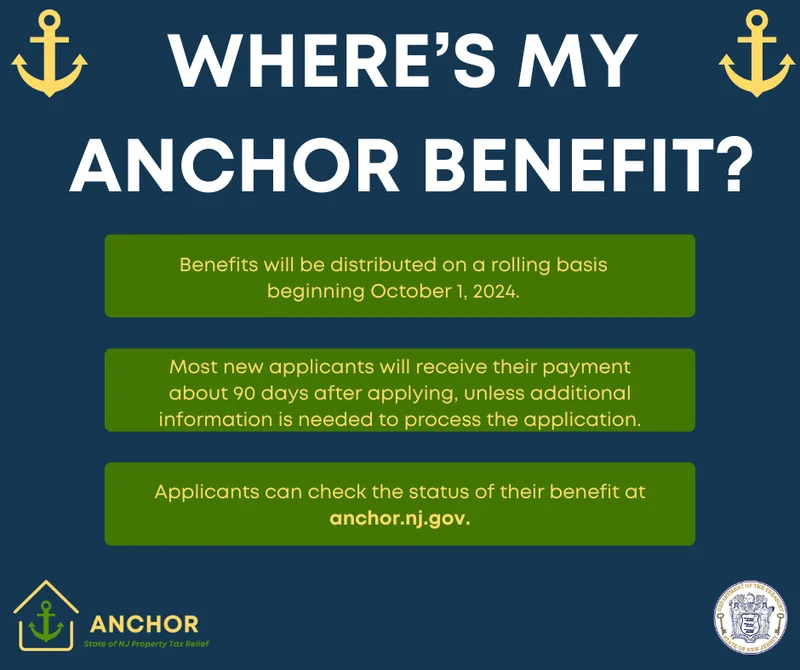Firo: What is it?
Layoffs Loom: Is This the Beginning of the End for the AI Hype Cycle?
The buzz around AI has been deafening for the past year, but a recent chill seems to be settling in. We're starting to see headlines about layoffs at AI companies. Is this just a blip, or a sign that the AI bubble is about to burst? Let's crunch some numbers and see what the data suggests.
The Layoff Trend: Smoke or Fire?
It’s easy to get caught up in the hype, but let’s look at the concrete data. Several AI-focused companies have announced significant layoffs in recent weeks. While specific numbers vary (and some are still unconfirmed), the overall trend is undeniable. We're talking about companies that were aggressively hiring just months ago now shedding staff. What's driving this? Is it simply a matter of correcting over-ambitious growth projections, or something more fundamental?
One possibility is that the initial wave of AI adoption was driven by early adopters and experimental budgets. Now, companies are starting to demand a real return on investment. The "shiny new toy" phase is over, and AI solutions need to prove their value in terms of cost savings, increased efficiency, or new revenue streams. If they can't, those projects get cut, and the people working on them get laid off.
Another factor could be the increasing cost of training and deploying AI models. These models require massive amounts of data and computing power, which translates into hefty bills for cloud services and specialized hardware. Smaller AI companies, in particular, may be struggling to compete with the deep pockets of the tech giants. Are these companies burning through cash faster than they can generate revenue?
Beyond the Headlines: Digging Deeper
It's tempting to see these layoffs as a sign of doom, but it's important to put them in perspective. The AI sector is still relatively young and volatile. We're likely to see periods of rapid growth followed by corrections, as companies adapt to changing market conditions. It is not a straight line up (as many hoped).

However, there's a discrepancy between the public narrative and the underlying reality. Companies are still talking about the transformative potential of AI, but their actions speak louder than words. If AI is truly revolutionizing industries, why are these companies cutting back on their AI investments? Is it possible that the technology is not as mature or as widely applicable as some have claimed?
And this is the part of the report that I find genuinely puzzling. If AI is the future, why are companies so quick to trim their AI teams when faced with economic headwinds? It suggests that AI is still seen as a discretionary expense rather than a core business function. Or perhaps, and this is my sneaking suspicion, the easy problems have been solved, and the remaining challenges are proving to be much harder than anticipated.
The AI Winter is Coming?
It's too early to declare an "AI winter," but the recent layoffs should serve as a wake-up call. The AI hype cycle is likely entering a new phase, one characterized by greater scrutiny, more realistic expectations, and a focus on delivering tangible results. Companies that can demonstrate the real-world value of their AI solutions will thrive, while those that rely on hype and empty promises will struggle.
The next few quarters will be crucial. We'll see whether the current layoffs are a temporary blip or the beginning of a more prolonged downturn. We'll also see whether companies can successfully integrate AI into their core business processes and generate a meaningful return on investment. The stakes are high, and the future of AI hangs in the balance.
A Reality Check
The numbers don't lie: the AI gravy train might be running out of steam.
-

Warren Buffett's OXY Stock Play: The Latest Drama, Buffett's Angle, and Why You Shouldn't Believe the Hype
Solet'sgetthisstraight.Occide...
-

The Business of Plasma Donation: How the Process Works and Who the Key Players Are
Theterm"plasma"suffersfromas...
-

The Great Up-Leveling: What's Happening Now and How We Step Up
Haveyoueverfeltlikeyou'redri...
-

NJ's ANCHOR Program: A Blueprint for Tax Relief, Your 2024 Payment, and What Comes Next
NewJersey'sANCHORProgramIsn't...
-

The Future of Auto Parts: How to Find Any Part Instantly and What Comes Next
Walkintoany`autoparts`store—a...
- Search
- Recently Published
-
- Stock Market 'News': Today's US Market Spin and the 'Live' Updates
- IRS Direct Deposit Relief Payments: What This Breakthrough Means for Your Financial Prosperity
- Bilbao: What the Data Reveals
- Outback Steakhouse Closures: The Financials Behind the Shutdown and Which Locations Are Gone
- The Burger Bubble Just Popped: Why Your Go-To Spot is Next on the Chopping Block
- The Bio-Hacked Human: What the New Science of the Core Reveals About Our Future
- Ore: What It Is and Why It Matters
- Firo: What is it?
- Avelo Airlines: FAA Cuts and the Lakeland Linder Opportunity
- Rocket Launch Today: What Happened and the Mystery Fireball
- Tag list
-
- Blockchain (11)
- Decentralization (5)
- Smart Contracts (4)
- Cryptocurrency (26)
- DeFi (5)
- Bitcoin (29)
- Trump (5)
- Ethereum (8)
- Pudgy Penguins (5)
- NFT (5)
- Solana (5)
- cryptocurrency (6)
- XRP (3)
- Airdrop (3)
- MicroStrategy (3)
- Stablecoin (3)
- Digital Assets (3)
- PENGU (3)
- Plasma (5)
- Zcash (6)
- Aster (4)
- investment advisor (4)
- crypto exchange binance (3)
- bitcoin price (3)
- SX Network (3)
